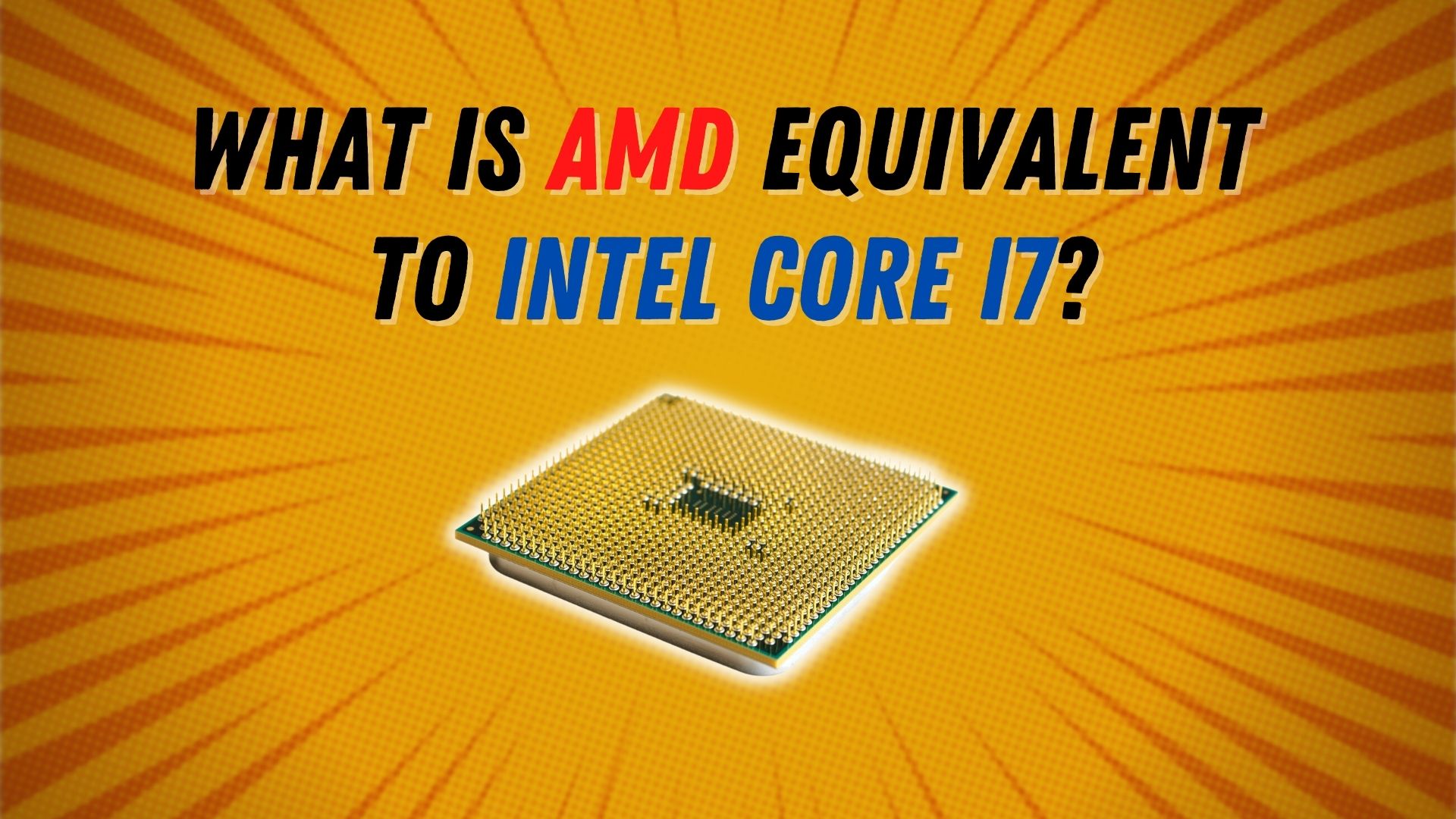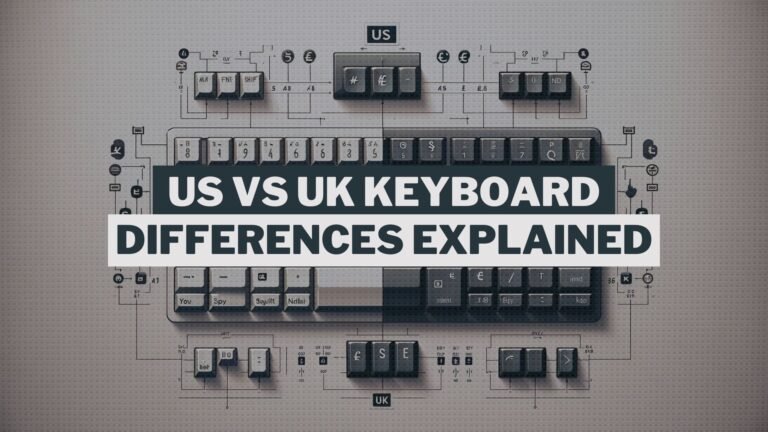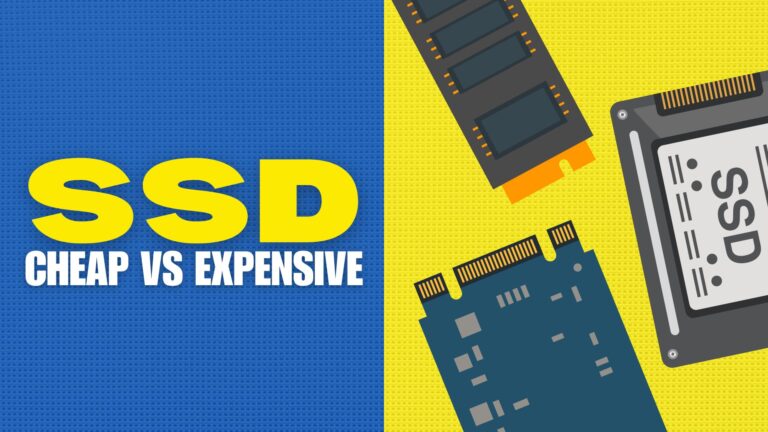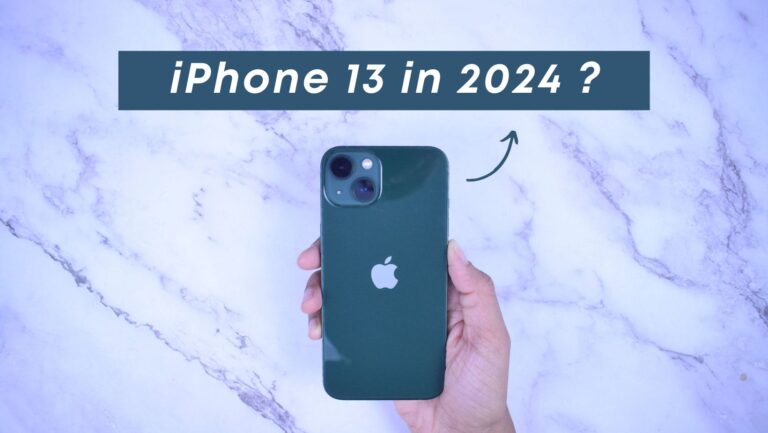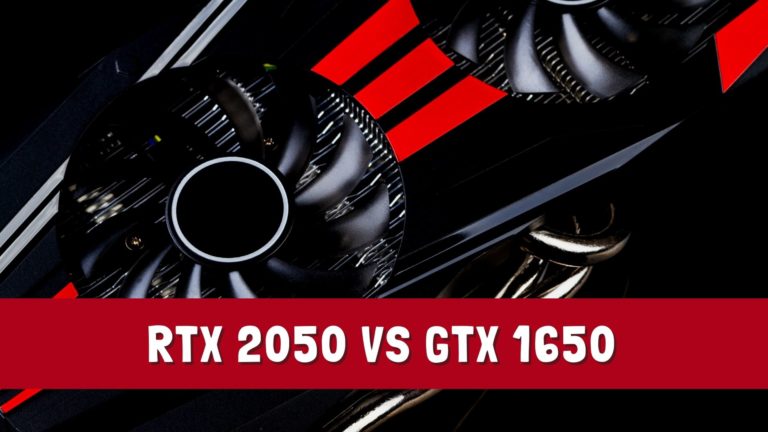Even a few years back, computer processors and Intel were synonymous. Intel always claimed the front seat when CPUs were in the conversation because of their unmatched performance and quality. However, things have changed, and another name has made its way to compete with Intel head to head, which is AMD Ryzen.
Since the launch of AMD Ryzen, it has taken over the market with the first Gen 1000 series Ryzen processors. Ryzen has come a long way, and their recent release was the 5000 series processors – the 6000 series is knocking on the door.
Intel Core i7 is a high-end processor lineup that has been a favorite choice for gamers, streamers, and power users for a very long time. If you are wondering what is AMD equivalent to Intel Core i7, the answer would be AMD Ryzen 7 series. This article will explain it further by discussing and comparing the technical details between these two processors.
Processor Lineups Explained
Intel and AMD both have their processor lineups. These lineups usually maintain a hierarchy from low-end to top-end processors. Usually, lower-end processors have low cores, thread, and lower base clock speed compared to higher-end processors.
The Intel Core processor lineup consists of regular consumer-grade processors. Some of them are Core i3, Core i5, Core i7, and Core i9.
Core i3
Core i3 is the entry-level processor, which is known for handling light tasks. However, the latest generation of Core i3 processors (Intel 12th Generation Alder Lake) is considered “entry-level” and is significantly faster than the previous-gen processors. i3 processors usually range between 2-4 cores, and some specific models support hyper-threading.
Core i5
Intel Core i5 is known as the all-time midranger because it performs reasonably well in terms of gaming. It can even handle heavy tasks such as streaming, video editing, etc. The core count of Core i5 processors is between 4 to 8.
Core i7
i7 is known as a high-end desktop processor because of its significant core count and higher clock speed. This processor can be great for gaming, streaming, or even video editing. The core count of i7 processors is generally between 6 to 12 cores.
Core i9
Finally, the Core i9 is like the final boss. It’s the highest-end consumer-grade processor that Intel is currently offering. It takes everything to extreme levels in terms of everything, even the pricing. The core count of the i9 processors is between 10 to 16.
AMD also has a similar approach towards its processor lineup. Their consumer-grade processors are Ryzen 3, Ryzen 5, Ryzen 7, and Ryzen 9. The Ryzen 3 corresponds to Intel Core i3, Ryzen 5 corresponds to Core i5, Ryzen 7 corresponds to Core i7, and Ryzen 9 corresponds to Core i9. It’s because the corresponding processor is closely similar in terms of specs and performance.
The 12th Gen Intel processors based on the Alder Lake architecture have dropped very recently, compared to Ryzen 5000 series, released a while ago. For this reason, this article is going to be based on the Core i7 11th gen and Ryzen 5000 series.
What is AMD Equivalent to Intel Core i7?
AMD’s answer to Intel’s i7 magic comes in the form of its Ryzen series. Specifically, the Ryzen 7 and some models from the Ryzen 9 lineup are often pitted against the Intel Core i7 processors.
For comparison, we choose the Intel i7 11700k and the AMD Ryzen 9 5800x. Let’s check out a technical specification overview of both the processors:
| Specifications | Intel i7 11700k | AMD Ryzen 9 5800x |
| Base Clock | 2.5 GHz | 3.8 GHz |
| Boost Clock | 5.0 GHz | 4.7 GHz |
| Core | 8 | 8 |
| Thread | 16 | 16 |
| TDP | 125 W | 105 W |
| Architecture | 10 nm | 7 nm |
| Price | Around 350$ | Around 350$ |
The technical details of the AMD Ryzen 9 5800x are quite similar to the ones of the Intel i7 11700k. The price is quite similar as well. However, the technical details do not determine the quality of a CPU. It all comes to real-life performance and benchmarks. Let’s compare some benchmarks of both these CPUs.
| Benchmarks | Intel i7 11700k | AMD Ryzen 9 5800x |
| Cinebench R23 (Single Core) | 1563 | 1584 |
| Cinebench R23 (Multi core) | 15246 | 14893 |
| Geekbench 5 (Single Core) | 1705 | 1694 |
| Geekbench 5 (Multi Core) | 9997 | 10288 |
Cinebench and Geekbench are some of tech enthusiasts’ most trusted CPU benchmark software. If you compare these numbers, they are very close to each other, and the difference is negligible. Even though Intel is known for its superior single-thread performance, the numbers here don’t necessarily reflect which one is ‘superior’ to that extent. On the other hand, Ryzen is known for its multi-thread excellence. But the numbers in this case also do not indicate a big win.
One of AMD’s strongest suits is its competitive pricing. The Ryzen 7 series often offers a more attractive price-to-performance ratio, providing users with more bang for their buck. This doesn’t mean Intel’s i7 is overpriced; rather, it’s about finding the right tool for the job based on your budget and performance needs.
For gamers, the choice between AMD and Intel can be akin to choosing between Batman and Superman. Intel’s i7 processors, with their superior single-core performance, may offer slightly better FPS in most games. However, AMD’s Ryzen 7 isn’t far behind, and its multi-threading capabilities can be a boon for gaming while streaming or multitasking.
FAQs: Your Questions Answered
Not directly. AMD and Intel use different socket types for their processors. Switching from one to the other usually requires a new motherboard (and potentially other components).
Yes. Intel’s i7 tends to have the edge in gaming and single-threaded applications, while AMD’s Ryzen 7 shines in multi-threaded tasks like video editing and content creation.
Both AMD and Intel offer processors that are unlocked for overclocking. However, AMD tends to be more generous with allowing overclocking across more of its lineup compared to Intel.
Wrapping Up: The Verdict
In the end, the choice between AMD and Intel is not about who wins the processor wars but about which chip meets your specific needs, preferences, and budget. Whether you’re a gamer, a content creator, or just looking for a robust computing experience, there’s a processor out there with your name on it.
Both AMD and Intel offer compelling options with their Ryzen 7 and Core i7 processors, respectively. Your decision should be guided by your primary use-case scenarios, budget, and whether you lean more toward gaming or multi-threaded applications.
Whether you choose AMD’s Ryzen 7 or Intel’s Core i7, you’re getting a powerhouse of a processor that’s ready to tackle your computing needs head-on.
Looking for more tech insights, comparisons, and tips? Stay tuned to our blog for the latest in the tech world, ensuring you’re always one step ahead in the digital race.
